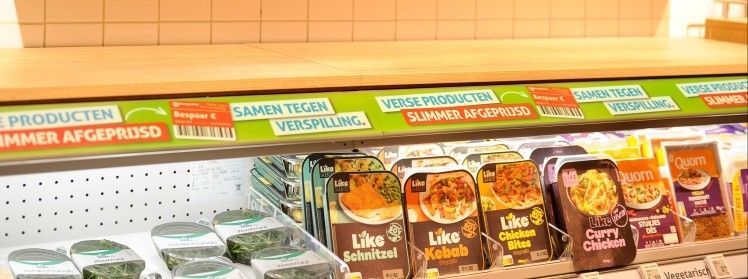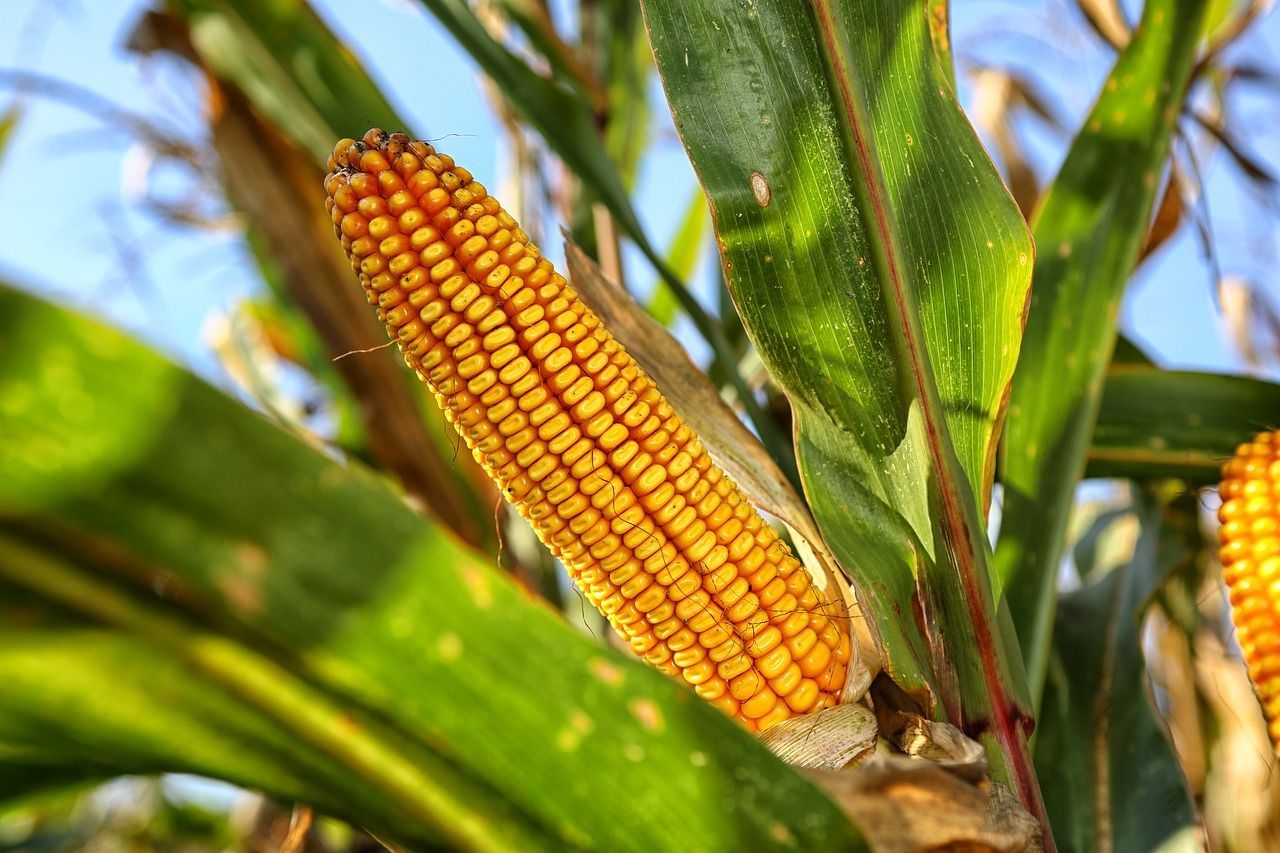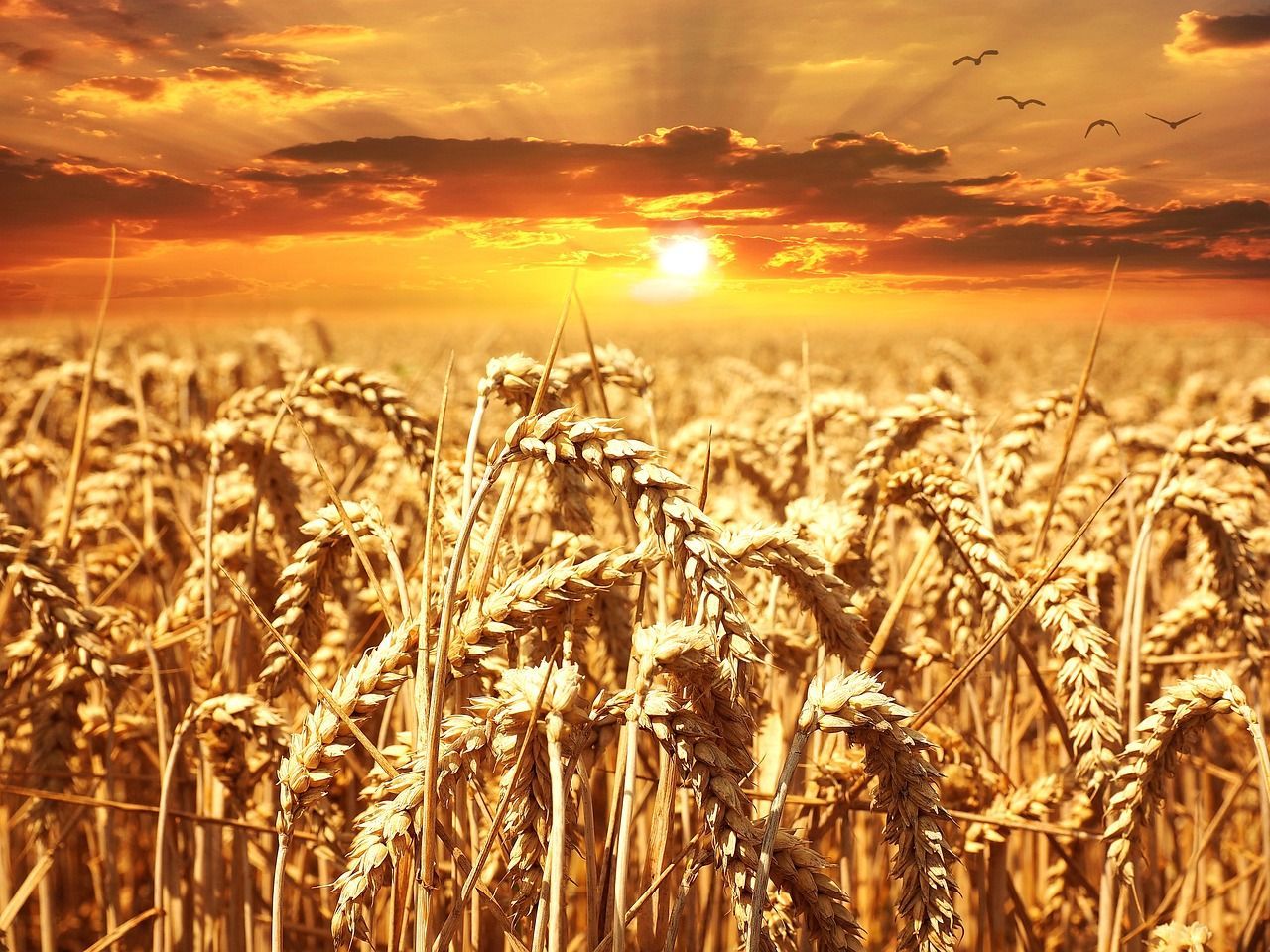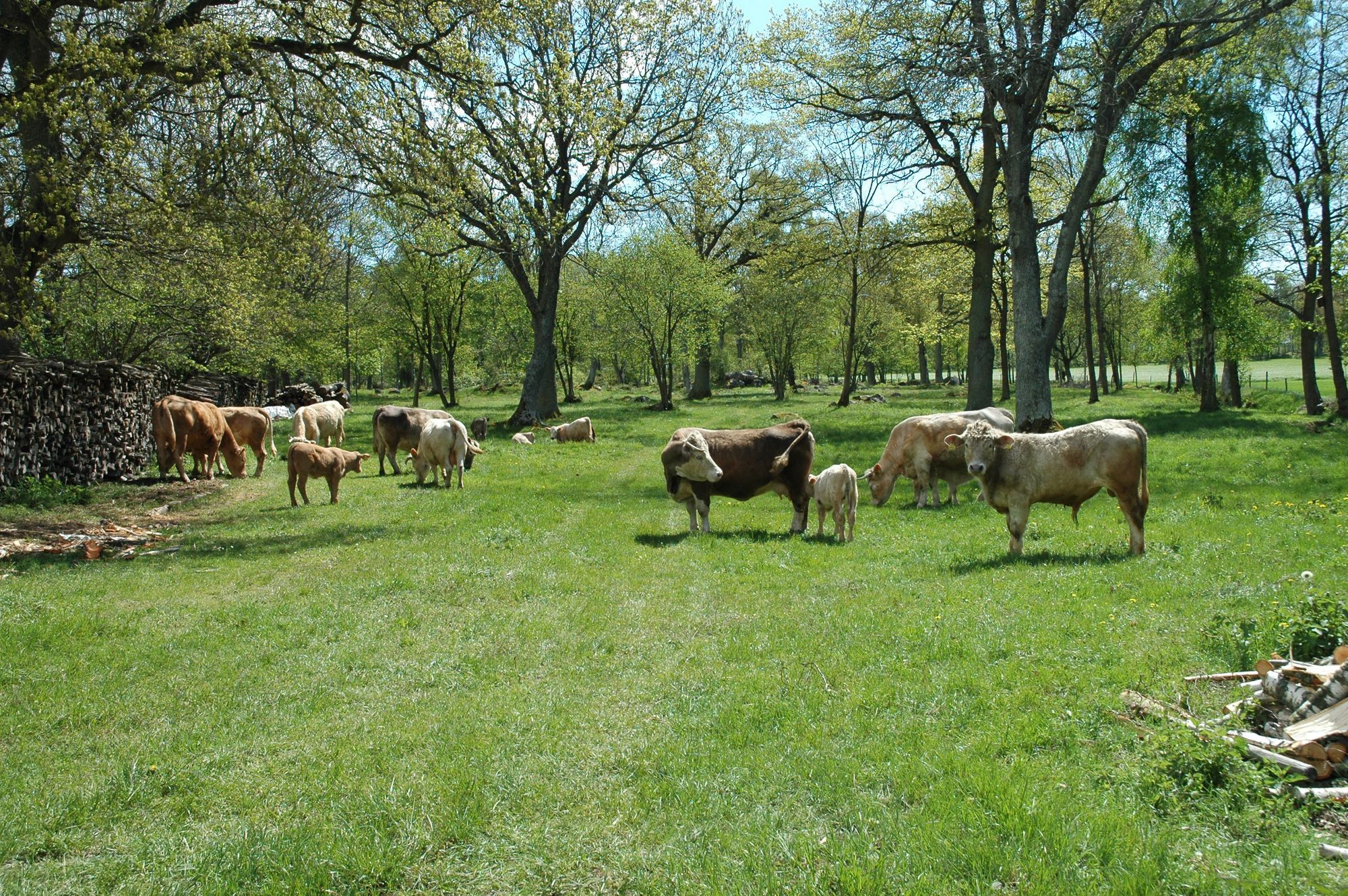🍔 Food Tech
A lot of innovation is going on in food tech, making food cheaper, more nutritious, better tasting and with less emissions during production. Here you'll find articles about AI, sensors and IoT, big data, digital biology, precision farming, cell-grown meat, GMO and automation.
🌾 Solar panels harness the full light spectrum to improve crop yields
A new study from the University of California suggests that using the full light spectrum can benefit both solar energy production and crop yield.
🍌 AI reduces food waste in stores
An AI algorithm can keep track of when the price of items that are about to expire should be reduced, and by how much. This reducing wastage and increasing profits for stores.
🌽 Hardy grass can produce larger corn yields
A resistant grass variety showed researchers how corn can be made more resistant to nutrient deficiencies, reduce the need for fertilizer, and increase yields.
🌾 New variety of wheat can withstand extreme heat and drought
A cross between common durum wheat and a relative of the plant has produced a new variety that can withstand conditions that outlast today's variety of durum wheat.
💡 Optimist's Edge: Fruit and vegetables without plastic
When it comes to the handling of fruit and vegetables, the food industry has long had to choose between plastic packaging and food waste - two of the major climate culprits of our time. Now the food tech companies are working hard to find better solutions.
🐄 Agricultural rewilding is good for everyone involved
Rewilding of natural areas in combination with agriculture creates a "win-win situation" by improving ecological diversity while providing higher quality meat.
🧀 The world's most ambitious cheese
One kilogram of cheese accounts for between six and 13 kilograms of carbon dioxide emissions. The solution is not to stop eating cheese, but to produce cheese with less climate impact. That's what Stockeld Dreamery does and recently Warp Premium Supporters visited the company.
🌾 Changes to animal feed production could provide food for a billion people
By allowing animals to eat harvest residues and by-products of food production instead of grain, many more people can have access to food.
💡 Optimist's Edge: Sweeter future with less sugar
New, healthier sugar means that we can continue to enjoy the excellent taste, without deteriorating our health.








